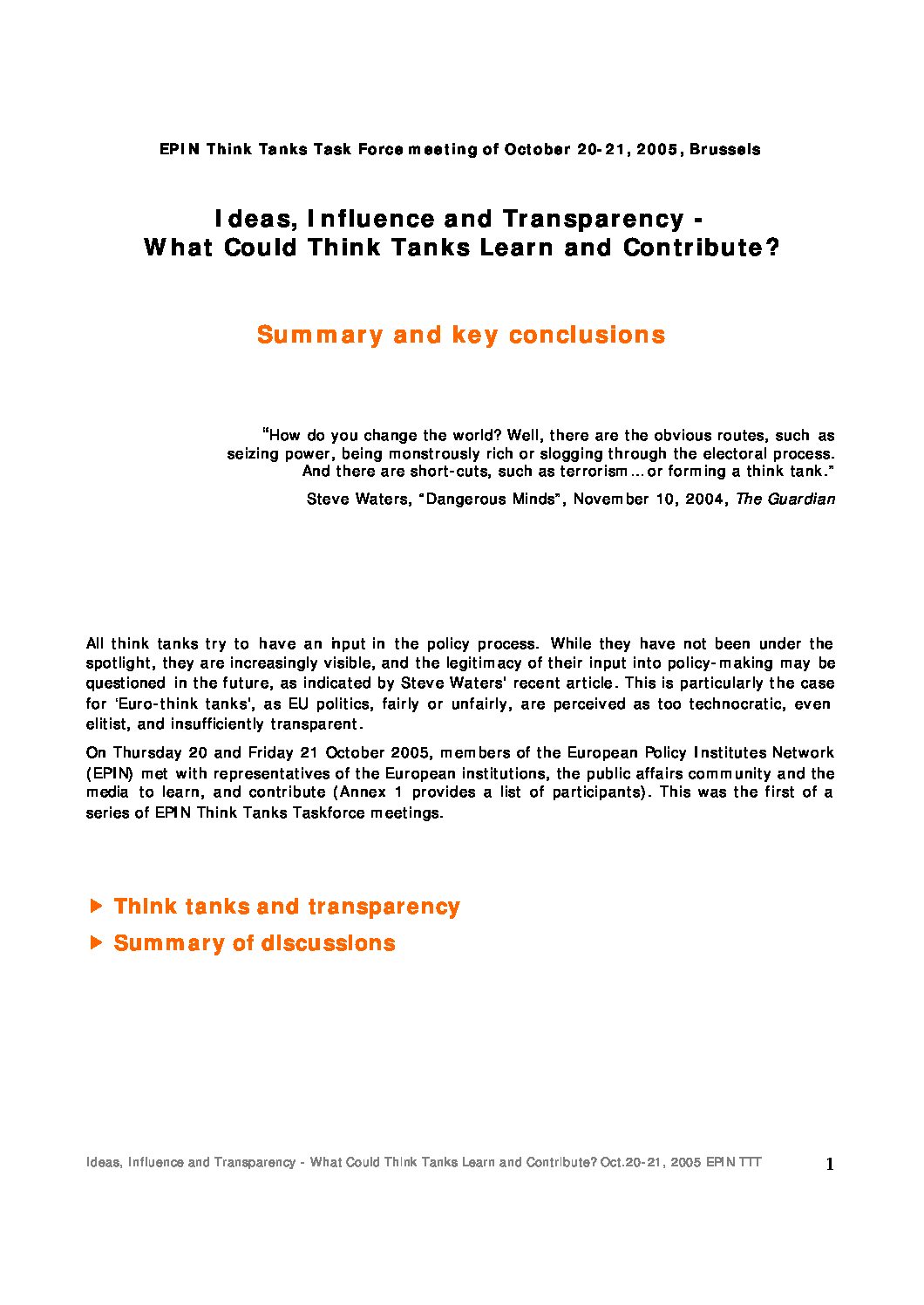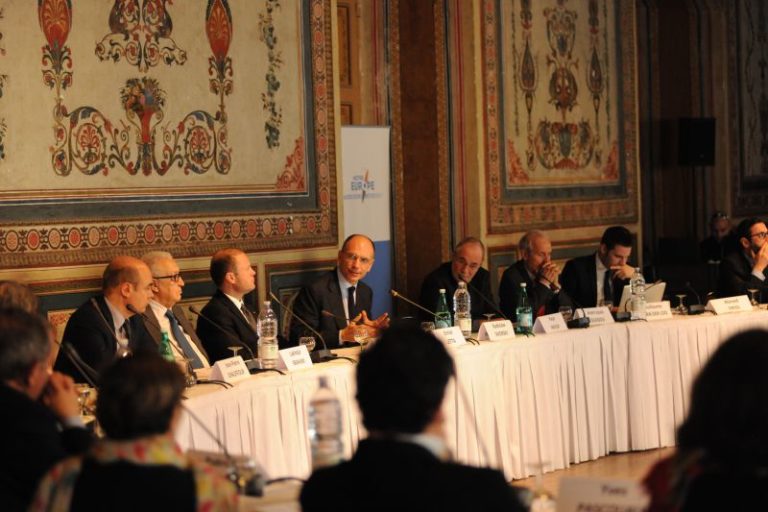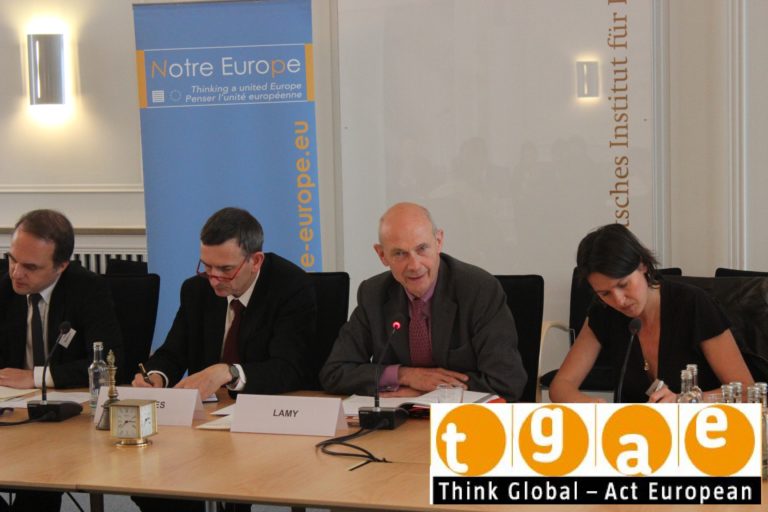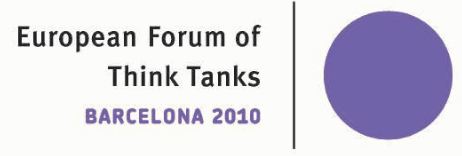Autre document
Ideas, Influence and Transparency -What Could Think Tanks Learn and Contribute?
All think tanks try to have an input in the policy process. While they have not been under the spotlight, they are increasingly visible, and the legitimacy of their input into policy-making may be questioned in the future, as indicated by Steve Waters’ recent article. This is particularly the case for « Euro-think tanks » », as EU politics, fairly or unfairly, are perceived as too technocratic, even elitist, and insufficiently transparent. On Thursday 20 and Friday 21 October 2005, members of the European Policy Institutes Network (EPIN) met with representatives of the European institutions, the public affairs community and the media to learn, and contribute. »
All think tanks try to have an input in the policy process. While they have not been under the spotlight, they are increasingly visible, and the legitimacy of their input into policy-making may be questioned in the future, as indicated by Steve Waters’ recent article. This is particularly the case for « Euro-think tanks », as EU politics, fairly or unfairly, are perceived as too technocratic, even elitist, and insufficiently transparent.
SUR LE MÊME THÈME
ON THE SAME THEME
PUBLICATIONS
L’UE et son voisinage : comment stabiliser l’arc de crise ?
Influence européenne : la nécessité d’un changement de paradigme

La solidarité européenne : où en sommes-nous ? Faut-il la renforcer et comment ?










